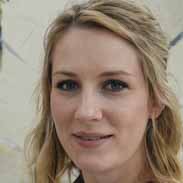Physiology Flashcards, test questions and answers
Discover flashcards, test exam answers, and assignments to help you learn more about Physiology and other subjects. Don’t miss the chance to use them for more effective college education. Use our database of questions and answers on Physiology and get quick solutions for your test.
What is Physiology?
Physiology is the scientific study of the functions and processes that occur within living organisms. It examines how various parts of an organism interact with each other in order to maintain life and keep it functioning. Physiology looks at the anatomy, biochemistry and cellular physiology of an organism in order to understand how it works and why certain things happen. The field covers a wide range of topics such as human physiology, animal physiology, plant physiology, microbial physiology and evolutionary physiology. Human physiology explores how our bodies work on a daily basis. It covers topics such as nutrition, digestion, respiration, circulation, reproduction, muscle movement, endocrine system function and more. Animal physiology focuses on understanding how different species function physiologically in their natural environment. Plant physiology studies photosynthesis and other processes unique to plants such as cell division and growth patterns. Microbial physiology looks at the behavior of microorganisms like bacteria or fungi while evolutionary physiology analyzes changes over time due to environmental pressures or genetic mutations. Physiologists use numerous methods to study organisms including experiments in laboratories or out in nature as well as mathematical modelling techniques or computer simulations which can help visualize complex processes that are difficult to observe directly with current technology. By studying what happens inside our bodies we can better understand disease processes which can then be used for medical treatments or even preventative measures against certain illnesses before they even occur.























